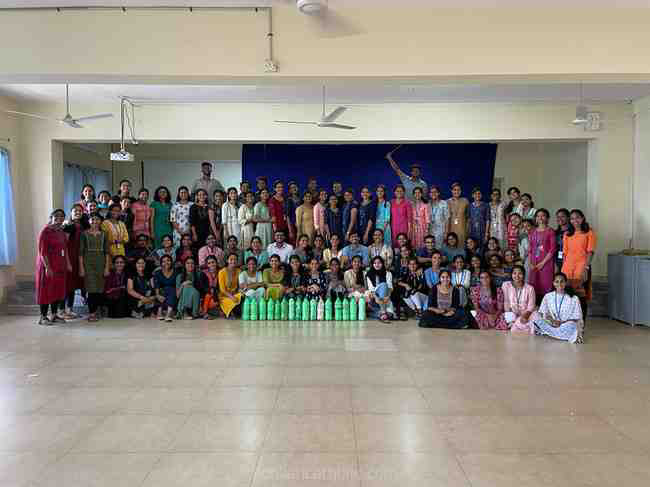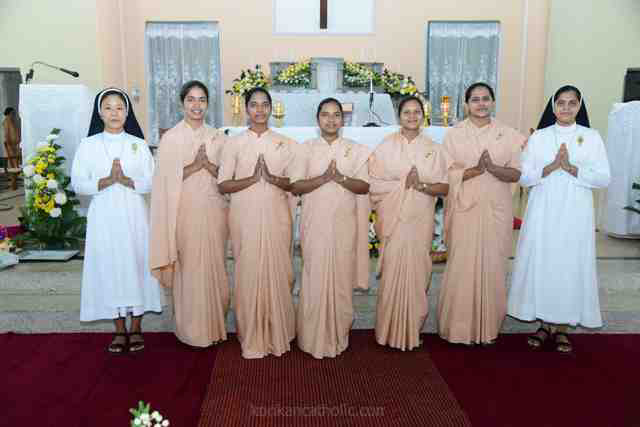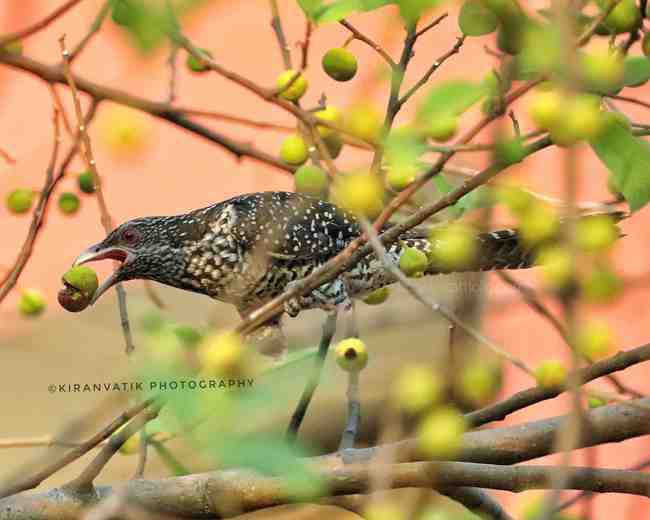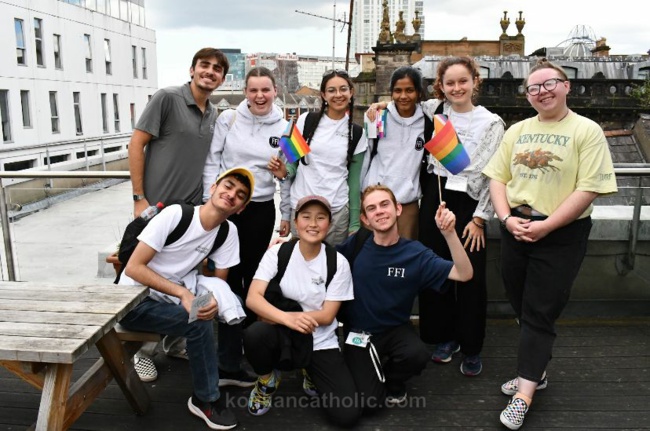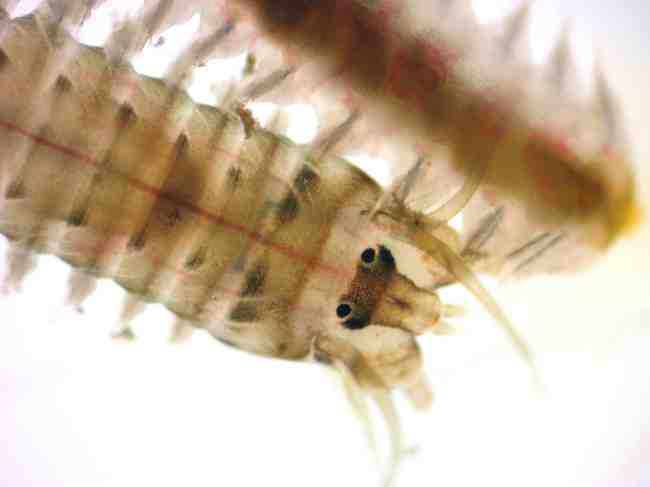Parisarakkagi Navu – the first meeting of the Dakshina Kannada and Udupi units
Mangaluru: Climate change has reached a state of emergency as a consequence of excessive industrialization, urbanisation, and changes in lifestyle. Scientists have repeatedly warned us that unless we respond to this situation with a sense of urgency and collectively solve this problem, a catastrophic loss of life on our planet in a matter of decades is certain.
In this context, people working to save the environment all over Karnataka have come together to form a coalition called “parisarakkagi navu,” meaning “we for the environment.” Units of this coalition have been formed at the district level.
The first meeting of the Dakshina Kannada and Udupi units of Parisarakkagi Navu was jointly held on January 15, 2024, in Nekarara Soudha of the Talipady Weavers’ Cooperative Society, Kinnigoli.


Ashwini Bhat and Bhuvan Devadiga from Dakshina Kannada and Shreekumar and Deepthi from Udupi have been chosen to represent their respective districts in the state-level coordination committee. Mamatha Rai, a member of the founding group of the statewide coalition, and a number of environmental activists from the two districts attended the meeting.
The meeting began with Shreekumar welcoming the gathering. Saroja Prakash and Ashwini Bhat sang the song “ellara novanu ballavanadare” and others joined. The impacts of climate change and a number of environmental problems experienced in the two districts were discussed. It was decided to form committees consisting of experts in various areas to devise ways of spreading awareness and to work in coordination with the state-level committee. A total of 38 concerned people from the two districts were present.
The areas listed below were identified for collective action, and it was decided to form teams to work on them.
- Saving water resources (surface water such as rivers, ponds, and the ocean, as well as groundwater)
- Waste management
- Saving and growing trees and forests
- Air and noise pollution
- Study of human impact on biodiversity
- Study of the impact of pollution on health
- Sustainable agriculture, lifestyle, and livelihoods
- Education and the building of awareness and vigilance
People were invited to join the team(s) of their choice according to their interests, experiences, and skills.

